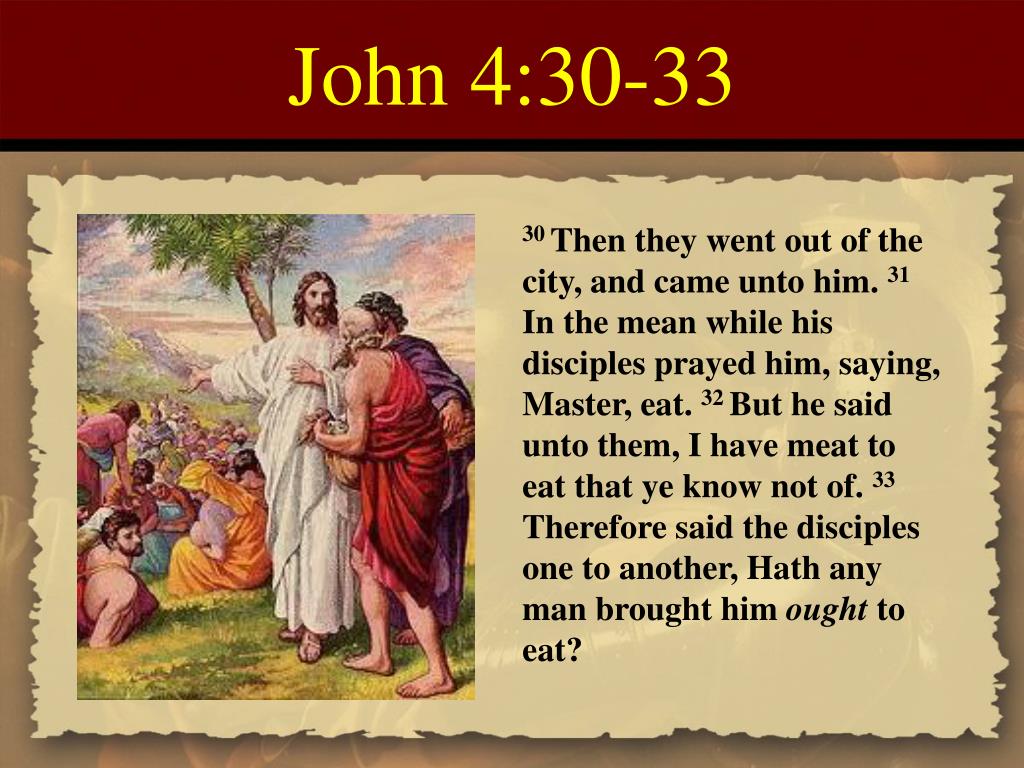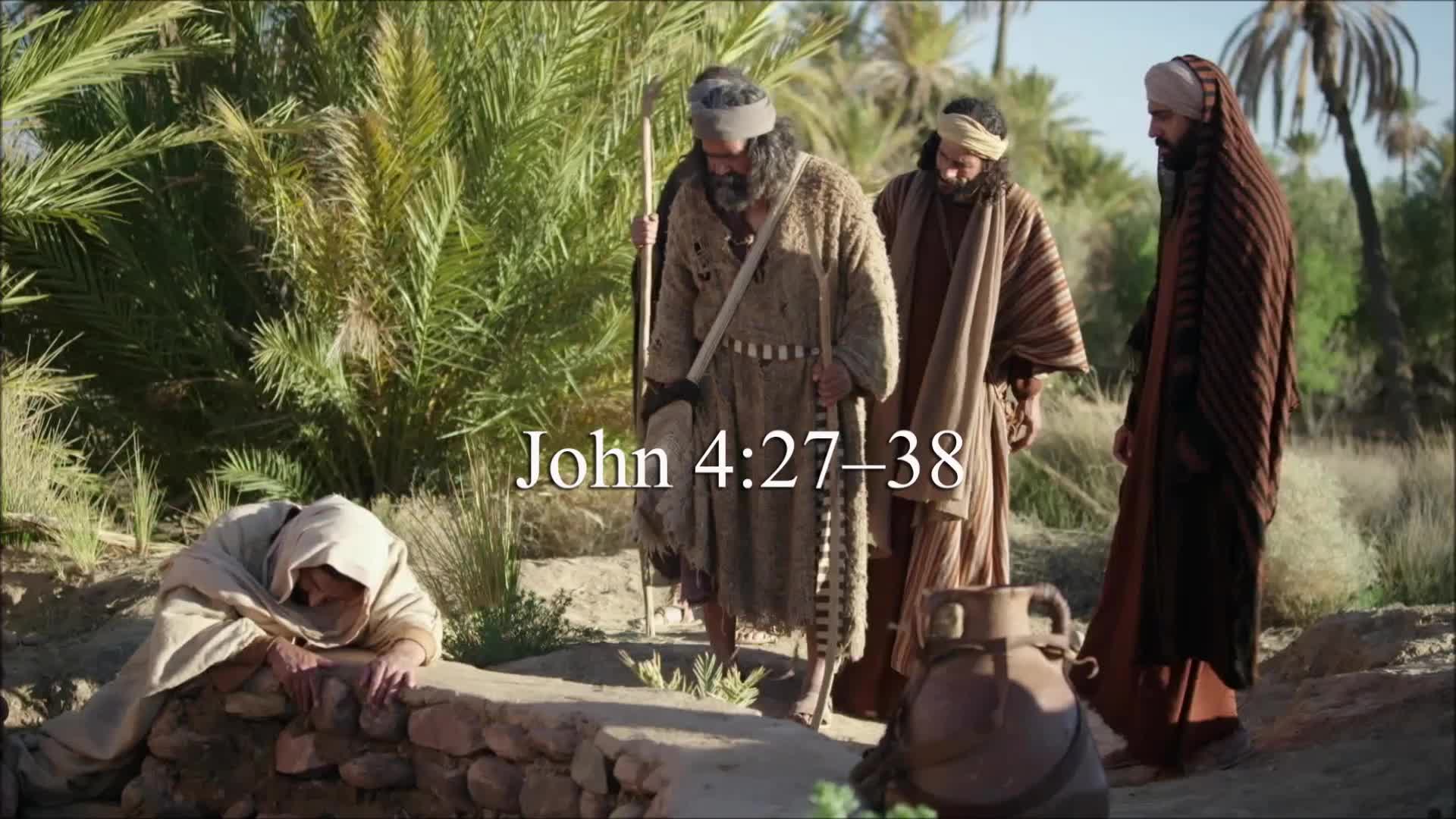John 4:39-42.
And many of the Samaritans of that city believed on Him for the saying of the woman, which testified, He told me all that ever I did.
 So when the Samaritans were come unto Him, they besought Him that He would tarry with them: and He abode there two days.
So when the Samaritans were come unto Him, they besought Him that He would tarry with them: and He abode there two days.
 And many more believed because of His own word;
And many more believed because of His own word;
 ¶And said unto the woman, Now we believe, not because of thy saying: for we have heard Him ourselves, and know that this is indeed the Christ, the Saviour of the world.
¶And said unto the woman, Now we believe, not because of thy saying: for we have heard Him ourselves, and know that this is indeed the Christ, the Saviour of the world.

The Samaritan woman must have been persuasive; obviously, the people of the city saw something new and different in her. This passage tells us that many believed in Jesus because of her own testimony.
When the townspeople met Jesus at the well, they wanted to know more. They besought (begged, persuaded) Him to stay for a while so they could hear what He had to say.
The disciples must have continued to be amazed! Not only had Jesus spoken to a woman—a woman alone, and a woman of ill-repute, a woman of Samaria!—and now He settled in to stay there for two whole days! I think, aside from establishing the gospel in Samaria, Jesus used this opportunity to begin teaching the disciples that salvation was for everyone, not just for the Jews. What a radical idea that was for them!
Many more, listening to His teaching, believed on Him. They told the woman, “It’s not merely because of your words, but because we have seen Him, heard Him, touched Him, that we believe this is indeed the Christ, the Savior of the world!”
How do I know they touched Him? I don’t. I do, however, know a little bit about human nature. Wouldn’t you have wanted to touch this unusual Man? Take His hand, look into His eyes?
I look forward to the day when Jesus will wrap me in His arms and welcome me home!









